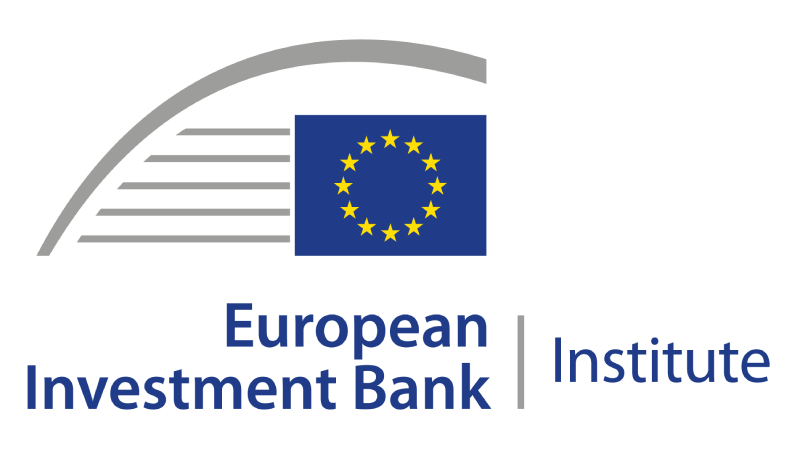The programme at a glance – 120 ECTS
-
Duration:2 years / 4 sem
-
Teaching languages:EN
-
Admissions:EU: 1 Feb 2024 – 30 Apr 2024
Non-EU: 1 Feb 2024 – 30 Apr 2024
-
Fees:200€/ sem. (semester 3)
-
Format:Full-time programme (Part-time student status allowed)
Deep dive into the field of investment management
The Investment Management track is designed to prepare students for a career in the investment, private equity, and asset management industry. The programme provides a solid theoretical foundation for investment models, quantitative techniques and data science applied to investment decisions. Students gain a strong grasp of the operational processes and regulatory environment of the industry.
More info
Download

Our team
Academic and business experts
During your studies, you will benefit from education delivered by a unique blend of leading academics and business experts.





